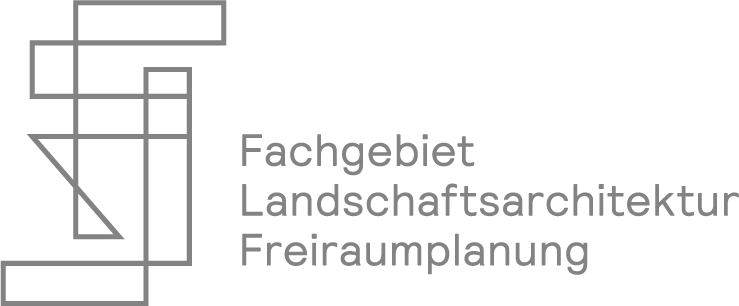DIAGNOSE! Lecture
Steering transformation
with strategic planning and projects
By: Dr. Cordelia Polinna & Simon Breth
https://www.urbancatalyst.de
https://brethdelacalle.de/
Lecture held on January 28, 2022
Not only since the Corona pandemic have urban and rural areas – especially in the Berlin-Brandenburg region – interacted with each other in a special way.
While open spaces are becoming increasingly scarce and unaffordable in Berlin and planning is mostly trying to solve competition for space and conflicts of use, Lusatia south of Berlin is particularly confronted with the consequences of the energy transformation and issues such as a shortage of skilled workers or demographic change. Space and opportunities – it seems – are available here, but there is a lack of people who want to "do" something in the long term.
The region increasingly finds itself in a field of tension: between the romantic image of a nature-oriented, simple way of life and a modern, thoroughly urban village life with new residents, a wide range of lifestyles and new spatial manifestations.
Thus, it becomes more and more clear, that it is necessary to define, what a resilient and sustainable development of these rural areas could look like, and which factors could contribute to a better common understanding of differences, special needs, and interdependencies between the urban and the rural.
In their presentation, Cordelia and Simon explore how strategic planning and individual projects can contribute to a resilient and sustainable development of Lusatia. From a strategic spatial vision for the entire region, initial ideas for a development concept for a shrinking city like Weißwasser to concrete projects in Annahütte, they discuss approaches at different scales.
Length: 61:53 min
About Cordelia:
Dr. Cordelia Polinna (*1975) is an urban planner and researcher. She studied urban and regional planning and urban design in Berlin and Edinburgh, and in 2007 she completed her doctorate at the TU Berlin on the topic of "Towards a London Renaissance". From 2008 - 2010 she was a DFG Postdoctoral Fellow at the Transatlantic Graduate Research Program Berlin - New York. From 2011-2013 she taught as a visiting professor for the sociology of planning and architecture at TU Berlin. She joined Urban Catalyst in 2014 and became managing partner in 2017. Cordelia has extensive experience in research and teaching in both national and international contexts. She is an expert in community-oriented project development, strategic development concepts for neighbourhoods, cities and regions, and the design
of planning and participation processes.
About Simon:
Simon Breth (*1975) is an architect and ‘space pioneer’. He studied architecture and urban planning in Stuttgart, Nancy, and Valladolid. After working for Polo Villacorta arquitectos (Valladolid) and Heinle, Wischer und Partner (Berlin), he founded the office brethdelacalle
with Rut de la Calle. The first project was a cultural centre for a small village in Norway - the Sogn kunstsenter, Laerdal. After realising several projects in the Berlin area, Simon acquired a disused railway station near Senftenberg and turned it into the
"Musikbahnhof Annahütte" - a retreat for creative people and musicians. In 2020, Simon moved to Lusatia with his family and opened another office location in Annahütte. There, he practically tests out what experiences and surprises come with living and working between metropolis and countryside.
Simon and Cordelia are working together on a variety of projects in the field of sustainable and resilient spatial development, including "Lausitz wird WOWsitz - Raumbild Planungslabor Lausitz 2050" (together with studio amore), the integrated urban development concept for Weißwasser/O.L., or a concept for a village house in the Annahütte Glassworks Estate.
BB2040
[EN] Berlin Brandenburg 2040 was initiated by the Habitat Unit in cooperation with Projekte International and provides an open stage and platform for multiple contributions of departments and students of the Technical University Berlin and beyond. The project is funded by the Robert Bosch Foundation.
[DE] Berlin Brandenburg 2040 wurde initiiert von der Habitat Unit in Kooperation mit Projekte International und bietet eine offene Plattform für Beiträge von Fachgebieten und Studierenden der Technischen Universität Berlin und darüberhinaus. Das Projekt wird von der Robert Bosch Stiftung gefördert.








